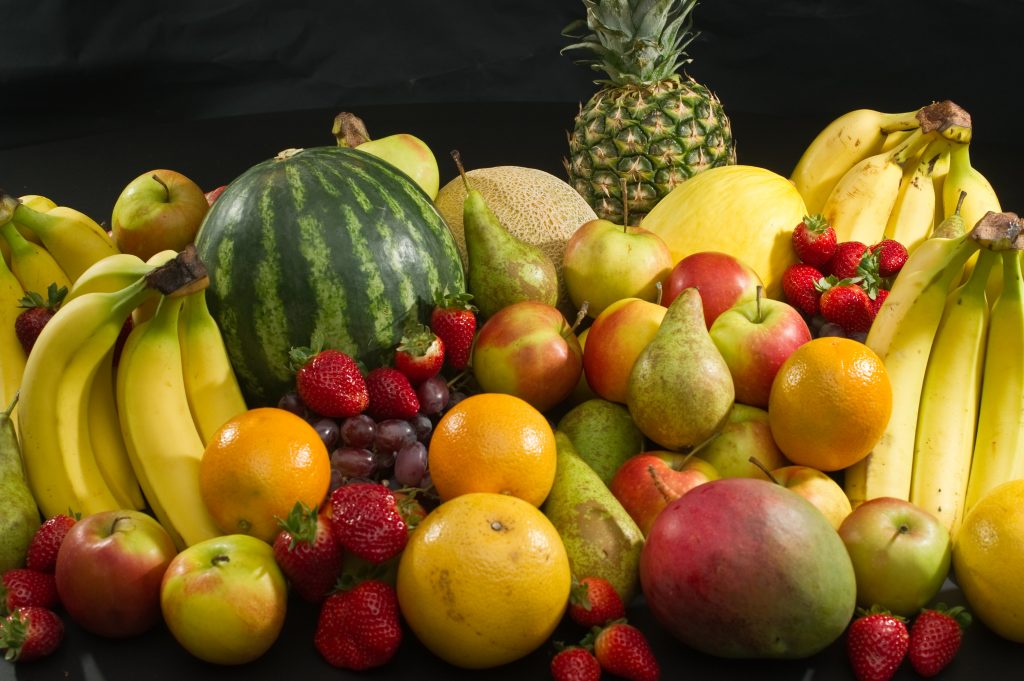WeightWatchers is rebranding after their CEO called diets ‘soulless’.
What it means: Being healthy is important, not least because it makes us feel good. It’s also important to the economy. Healthy adults are more productive workers. Healthy children learn more in school and become smarter adults. Healthy pensioners are less likely to be hospitalised and strain healthcare budgets. And promoting ideas of how to make people healthier has made many businesses, including WeightWatchers, billions of pounds in profits.
But WeightWatchers thinks its current business model (charging people to attend weekly meetings and selling low-calorie food) is no longer working. According to their CEO, people nowadays are less interested in dieting and more interested in ‘wellness’, or feeling good physically, mentally and socially.
WeightWatchers, which is now going to be known as WW, wants to tap into current wellness trends like meditation and clean eating. It has partnered with HeadSpace, a mediation app, and stripped all artificial flavours, sweeteners and preservatives from its food products. It’s also set up an app which includes ‘Connect Groups’ - online spaces where people can talk about their wellness passions, be it yoga or veganism.WW reckons that these tactics will get it to $2 billion of sales by 2020 (from an estimated $1.3 billion last year).
It’s betting that wellness is something that will be heavily commoditized, which basically means people will make lots of money from it. But some people, including a bunch of academics calling themselves the Wellbeing Economy Alliance, think it should be the other way round and that wellness should be the aim of what businesses and governments do . They’re petitioning the EU to use wellness (human and environmental) as a measure of prosperity instead of economic growth.

